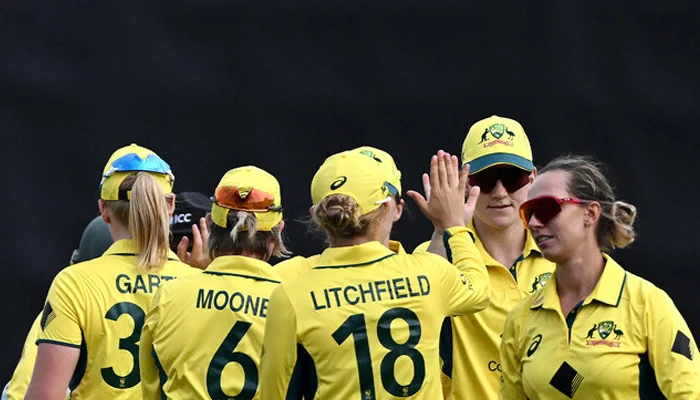The World Cricketers Association (WCA) has issued a report calling for significant changes to protect international cricket from the growing dominance of lucrative domestic T20 leagues. The report, “Protecting History, Embracing Change,” warns that without reform, traditional formats like Tests and ODIs face collapse.
The WCA proposes four mandatory 21-day international windows annually, ensuring top players are available for national duty. This would create a “Core International Cricket” framework, guaranteeing meaningful matches for all nations while accommodating franchise tournaments. A new divisional structure with promotion and relegation would maintain competitive balance.
Financial reforms are also key, with the WCA suggesting a 10% cap on any single nation’s share of ICC revenues, challenging India’s current 38.5%. A Global Growth Fund, financed by levies on domestic leagues, would distribute an estimated $130 million annually to developing cricket nations.
Player safeguards are another priority. The WCA wants to abolish restrictive contracts and the No Objection Certificate (NOC) system, ensuring players can participate in leagues during designated windows. Minimum professional standards would also be established.
The report highlights concerning trends: 72% of elite players face club-versus-country conflicts, three nations control 83% of global revenues, and many professionals experience unpaid wages. The WCA argues that these imbalances are unsustainable.
WCA Chair Heath Mills stated, “The choice is simple – reform or risk losing international cricket as we know it.” The proposed changes aim to create a “sustainable ecosystem” where international and franchise cricket can coexist, ensuring high-quality national matches while preserving financial opportunities from leagues.
The WCA suggests implementing these changes as early as 2026, with the full scheduling system in place by 2028 for men’s cricket and 2029 for women’s. This timeline reflects the players’ urgency to save traditional formats from commercial decline.



